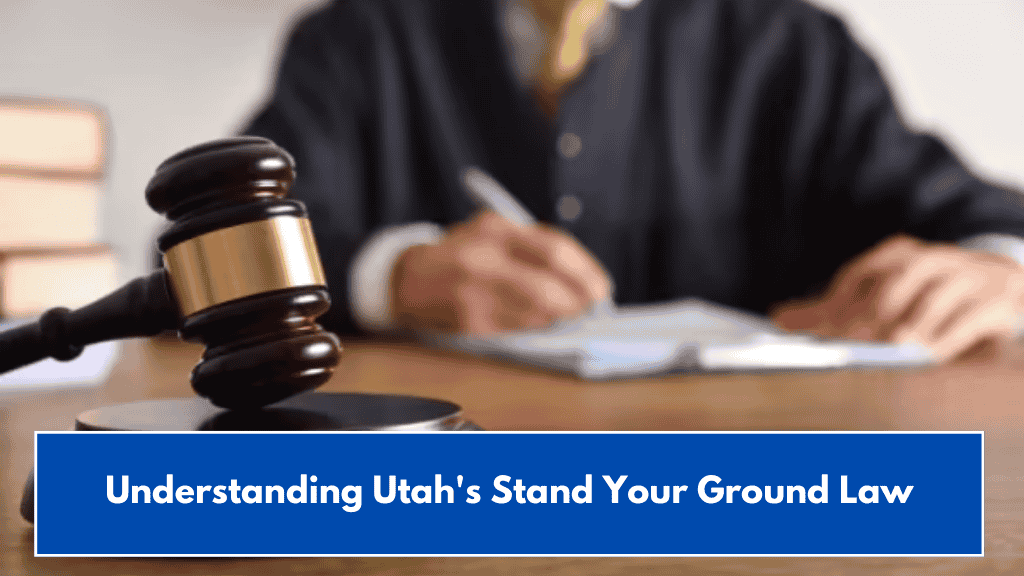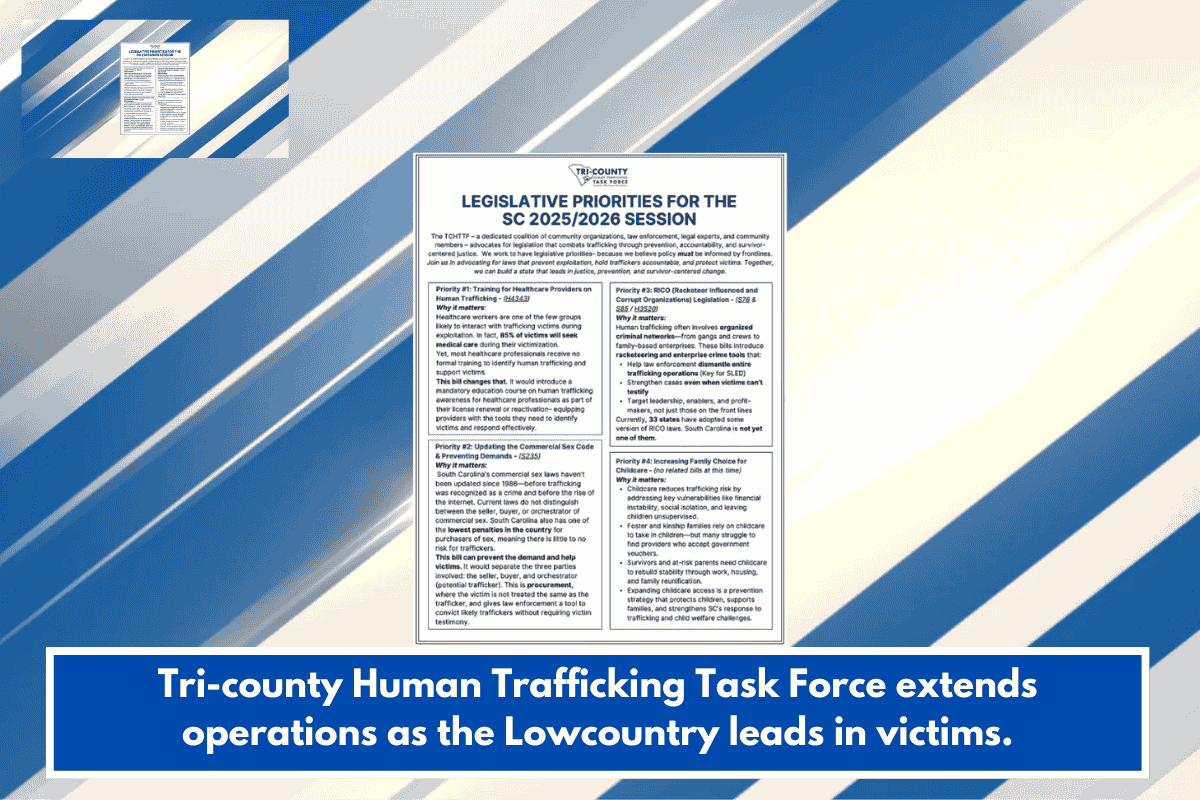Utah’s Stand Your Ground law allows individuals to use force, including deadly force, in self-defense without a duty to retreat, as long as they are in a place where they have a legal right to be.
Key Provisions
- No Duty to Retreat: In Utah, you are not legally required to attempt to retreat or escape before using force in self-defense, even in public places, provided you are not engaged in criminal activity and are not the aggressor.
- Reasonable Belief: The use of force is justified only if you reasonably believe it is necessary to prevent imminent death or serious bodily harm to yourself or others, or to prevent a forcible felony such as robbery, rape, or aggravated assault.
- Proportional Force: The level of force used must be proportional to the threat faced. Deadly force is justified only in response to a threat of death or serious injury.
- Castle Doctrine: Utah law also includes the “Castle Doctrine,” which specifically allows you to use force, including deadly force, to defend your home, vehicle, or place of business against unlawful intruders, with no duty to retreat.
Legal Process and Protections
- Pretrial Justification Hearing: If you claim self-defense under the Stand Your Ground law, you are entitled to a pretrial hearing. At this hearing, the prosecution must prove by clear and convincing evidence that your use of force was not justified. If they fail, charges can be dismissed.
- Burden of Proof at Trial: If the case proceeds, the prosecution must prove beyond a reasonable doubt that your use of force was not justified, a higher legal standard than in many other states.
- Civil Liability Protections: Utah law also provides some protection against civil lawsuits if you acted lawfully in self-defense.
Limitations
- Not for Aggressors: You cannot claim Stand Your Ground if you initiated the confrontation, unless you clearly attempted to withdraw and were pursued.
- Imminent Threat Required: The threat must be immediate and credible; excessive or retaliatory force is not protected.
- Lawful Presence: The law applies only if you are in a place where you have a legal right to be.
Utah’s Stand Your Ground law removes the duty to retreat before using force in self-defense, so long as you are lawfully present and reasonably believe force is necessary to prevent imminent harm. The law provides strong procedural protections for those who claim self-defense, but it does not shield those who use excessive force or act as aggressors.














